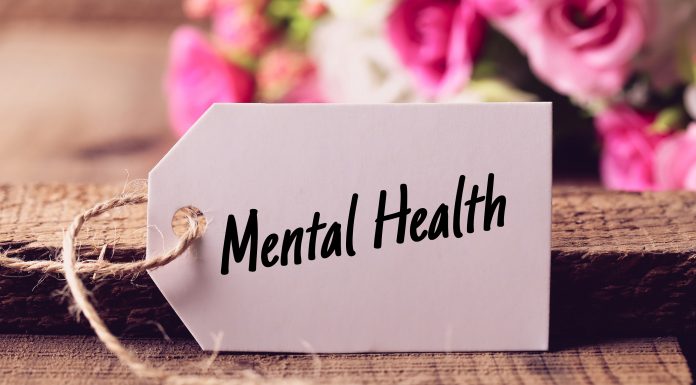Living with an addiction can be very lonely. People in the throes of a substance use disorder often try to keep it a secret and prevent their loved ones from noticing or intervening. However, it is the loved ones and family members who are usually the first to notice the early signs and behaviors of addiction.
As substance abuse patterns and behaviors progressively become more unmanageable, it’s difficult for family and friends to ignore the red flags and not intervene out of concern.
This is why it’s so important to seek family addiction therapy or some other form of family support when a loved one is overcoming addiction.
How Isolation, Loss, and Fear Fuel Addiction
When people find themselves becoming overwhelmed by the effects and consequences of addiction, they often become distant from others and try to isolate themselves.
Fear is a major contributing factor to addiction. People become consumed by fear of getting caught, being shamed, and becoming ostracized from their families and communities.
There is also the foreboding fear of being persuaded or forced to get treatment for their alcohol and drug addiction. The nature of drug and alcohol dependence is so powerful that people in the depths of despair are terrified of losing the only thing that they feel they have left in their lives, after having lost jobs, homes, relationships, and hope.
Addiction has a confounding way of distorting survival instincts and hijacking the human sense of logic. It can manipulate any sane mind into believing that having alcohol and drugs is more important than preserving relationships with family and friends.
Addiction can convince anyone to believe that they are better off all alone. Isolation and depression fuel substance abuse symptoms and behaviors.
Even though they may be pushed away, family and friends play important roles in motivating a loved one to agree to treatment and attempt recovery. This role is not an easy one, and families often need extra support, such as family therapy and informational resources to help get them through these difficult times.
The Importance Of Family Ties And Emotional Connections
Many experts in the field of addiction agree that the polar opposite of addiction is connection. Family and friends play a crucial role in making recovery possible, by staying connected and demonstrating their unwavering love and support. In dark times, these connections are needed more than ever, and can be just as essential and effective as medication and therapy.
Studies have been conducted on family-oriented treatment approaches to addiction, which can also be applied to close and intimate friendships. These studies have indicated that there is a strong and positive correlation between family involvement and improved treatment outcomes.
Family involvement increases the likelihood of treatment entry and completion, and maximizes chances for success in recovery. This approach also reduces harmful conflicts and repairs damaged relationships in families, which overall helps to sustain a person’s recovery and improve their mental health.
Resources and Support for Families
Addiction takes a heavy emotional toll on loved ones, family members, and friends. They often feel helpless, frustrated, fearful, and hurt by the behaviors and actions of someone afflicted by addiction.
It can be very painful to witness the self-destruction of a loved one in active addiction. They may understandably reach a point when they feel the need to detach themselves, withdraw support, and cut contact with a family member who is out of control and refuses to get help.
It is essential that friends and family reach out and support one another, and not give up on their loved ones. A crisis situation involving addiction can go in different directions: it can break relationships apart and divide families, or it can unify families and reinforce their collective resilience.
These close connections and bonds between family and friends lay a strong foundation for sustainable abstinence, emotional healing, and positive recovery.






















